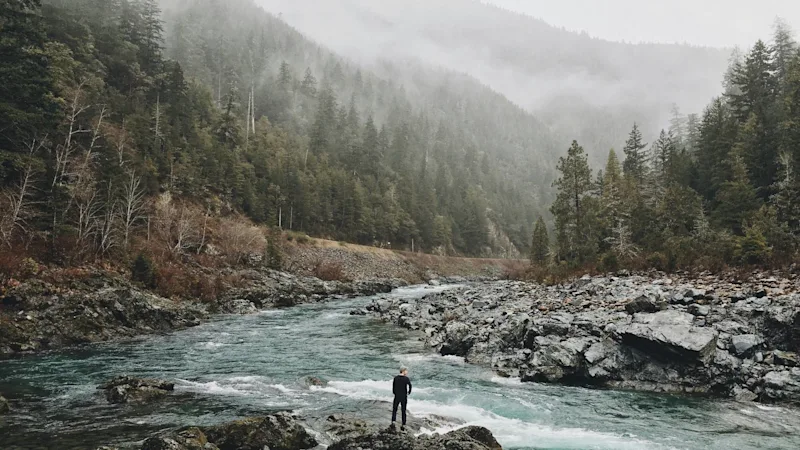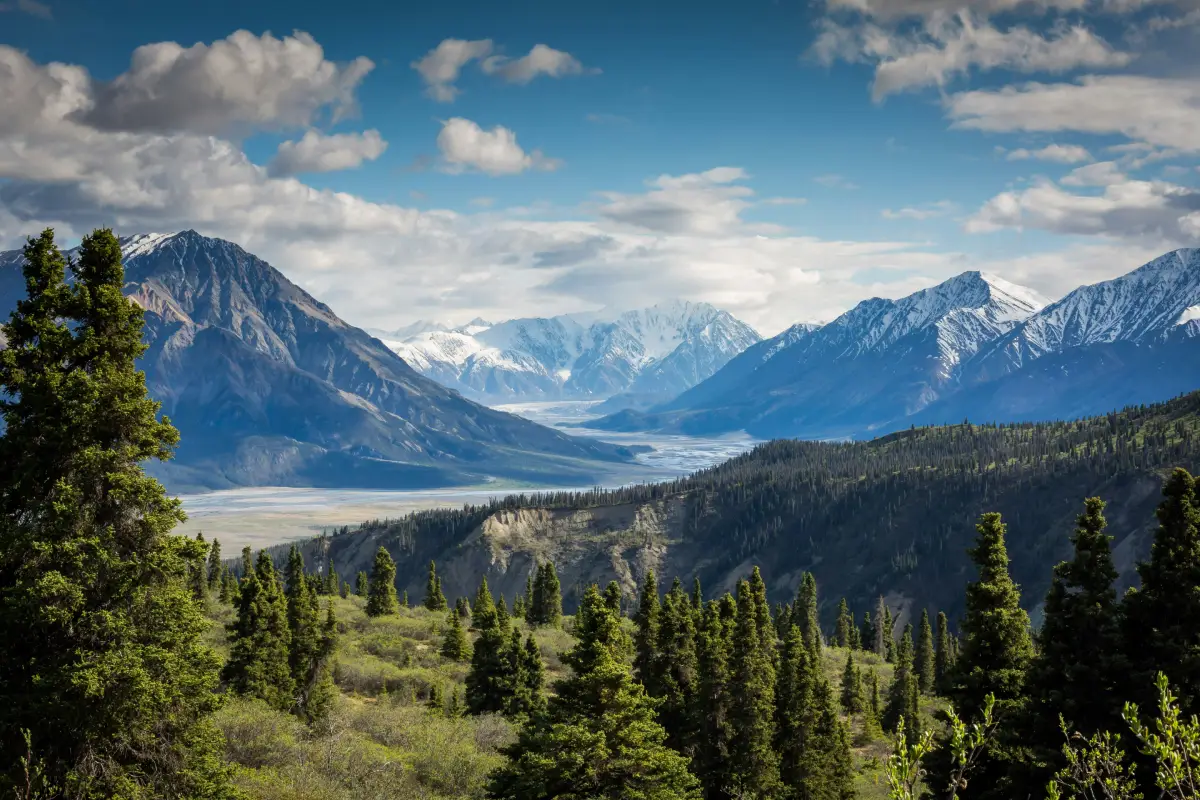
Eco-Friendly Outdoor Apparel: Colorado Brands Paving the Way for Sustainable Adventures
Dive deep into the world of sustainable hiking clothes in Colorado, exploring the brands, materials, and practices that allow you to explore our pristine landscapes responsibly, from recycled polyester to organic cotton.
Sustainable Hiking Clothes Colorado: Gear That Loves the Mountains Back
Colorado's wilderness isn't just our playground—it's our responsibility. Every time we lace up our boots and head into the Rockies, we're participating in something bigger than recreation. We're engaging with an ecosystem that demands respect, and increasingly, that means making conscious choices about the gear we carry on our backs.

The outdoor apparel industry is experiencing a quiet revolution, driven by adventurers who understand that protecting the places we love starts with how we choose to explore them. Colorado, with its deep outdoor culture and environmental consciousness, sits at the heart of this transformation.
The Hidden Impact of What We Wear
Here's something that might surprise you: the clothing industry is one of the world's largest water consumers, gulping down roughly 2,700 liters of water to produce a single cotton t-shirt. When you scale that up to global apparel production, you're looking at water consumption that rivals entire countries.
Add in chemical dyes, synthetic materials that shed microplastics, and manufacturing processes that pump carbon into the atmosphere, and suddenly that innocent hiking shirt carries a much heavier environmental footprint.
But here's where it gets interesting. The same innovation that creates high-performance outdoor gear is now solving sustainability challenges in remarkable ways.
We're seeing materials made from ocean plastic, manufacturing processes that use 90% less water, and fabrics that perform better while leaving smaller environmental footprints.
The Materials Revolution
Take recycled polyester, for instance. What once was a plastic water bottle destined for a landfill now becomes a moisture-wicking hiking shirt that can handle Colorado's demanding conditions.
These recycled polyester pieces offer the same quick-drying, durable performance you need for scrambling up Longs Peak or trail running through Garden of the Gods, but with a dramatically reduced environmental impact.
The process is genuinely fascinating: post-consumer plastic bottles get collected, cleaned, melted down, and spun into fibers that become high-performance outdoor apparel. It's circular economy thinking in action, turning waste into gear that enhances your adventures.
Organic cotton represents another compelling innovation. Unlike conventional cotton production, which relies heavily on synthetic pesticides and fertilizers, organic cotton farming works with natural systems rather than against them.
The result is apparel that's gentle on your skin, safer for farming communities, and infinitely better for soil and water systems. Perfect for those relaxed moments around the campfire after a long day on the trail.
Merino wool continues to impress as nature's original performance fabric. Renewable, biodegradable, and naturally antimicrobial, merino regulates temperature like nothing else while resisting odors even after days of backcountry use. It's proof that sometimes the best technology is the one nature already perfected.
Modern innovations like hemp and Tencel are pushing boundaries further. Hemp requires minimal water to grow and actually improves soil health, while Tencel's closed-loop production process recycles nearly all chemicals used in manufacturing. These materials offer durability and comfort while maintaining environmental integrity.
The True Cost of Fast Fashion vs. Built-to-Last Philosophy
The outdoor industry has always understood something that mainstream fashion is just beginning to grasp: quality matters more than quantity. When your gear needs to perform in Colorado's unpredictable mountain conditions, durability isn't optional—it's essential.
This philosophy aligns perfectly with sustainable practices. Gear built to last reduces replacement frequency, which means fewer resources consumed over time and less waste generated. It's economics and environmentalism working in harmony.
Consider the lifecycle of a well-made sustainable hiking shirt. Responsibly sourced materials get manufactured using renewable energy and minimal water. The finished product serves you faithfully through countless adventures, gets repaired when needed rather than replaced, and eventually gets recycled back into new materials when it finally reaches end of life.
Colorado's Sustainability Leadership
Colorado's outdoor culture naturally fosters innovation in sustainable apparel. Companies like Mile High Apparel are demonstrating that high performance and environmental responsibility aren't competing values—they're complementary strengths. Their approach centers on recycled materials, low-impact dyes, and construction techniques that prioritize longevity.
This local innovation matters because it reduces transportation impacts while supporting communities that understand Colorado's unique outdoor demands. When your gear is designed by people who actually hike Colorado's trails, you get products that perform in real-world conditions while supporting local environmental initiatives.
Care Strategies That Extend Impact
How you care for sustainable gear dramatically affects its environmental footprint. Washing only when necessary, using cold water, and air drying your clothes saves energy while preventing microplastic shedding that occurs in machine drying. These practices also extend fabric life, maintaining performance characteristics longer.

Learning basic repair skills transforms your relationship with gear. Replacing a zipper or patching a small tear keeps functional items in use rather than sending them to landfills. Many outdoor communities offer repair cafes or workshops where you can learn these skills while connecting with like-minded adventurers.
Proper storage in cool, dry locations prevents mildew and degradation that can force premature replacement. These simple practices multiply the value of your sustainable choices.
Beyond Individual Choices
Sustainable outdoor apparel represents something larger than personal shopping decisions. It's about supporting business models that prioritize long-term environmental health over short-term profits. When you choose companies committed to sustainability, you're funding research into better materials, cleaner manufacturing processes, and innovative recycling programs.
Many sustainable outdoor brands actively support conservation efforts, trail maintenance, and environmental education. Your purchase becomes an investment in protecting the wild places that make Colorado special.
Making Informed Decisions
Navigating sustainability claims requires some awareness. Look for specific certifications like Bluesign approval, which ensures minimal environmental and health impacts throughout the supply chain. Transparency about materials, manufacturing locations, and end-of-life programs indicates genuine commitment rather than marketing positioning.
Yes, sustainable gear often costs more upfront, but superior durability provides better long-term value. When a shirt lasts five years instead of one, the cost per wear plummets while environmental impact decreases dramatically.
The Adventure Continues
Choosing sustainable hiking clothes connects your outdoor adventures to a larger story about protecting the places we love. Every time you pull on that recycled polyester base layer or merino wool hiking shirt, you're participating in an economy that values environmental stewardship alongside performance.

Colorado's mountains have shaped generations of outdoor enthusiasts who understand that access comes with responsibility. Today's sustainable outdoor apparel options make it easier than ever to honor that responsibility while pursuing the adventures that feed our souls.
The next time you're gearing up for a Colorado adventure, remember that your choices extend far beyond personal comfort and performance. You're casting a vote for the kind of outdoor industry and environmental future you want to support. Choose gear that loves the mountains as much as you do.
